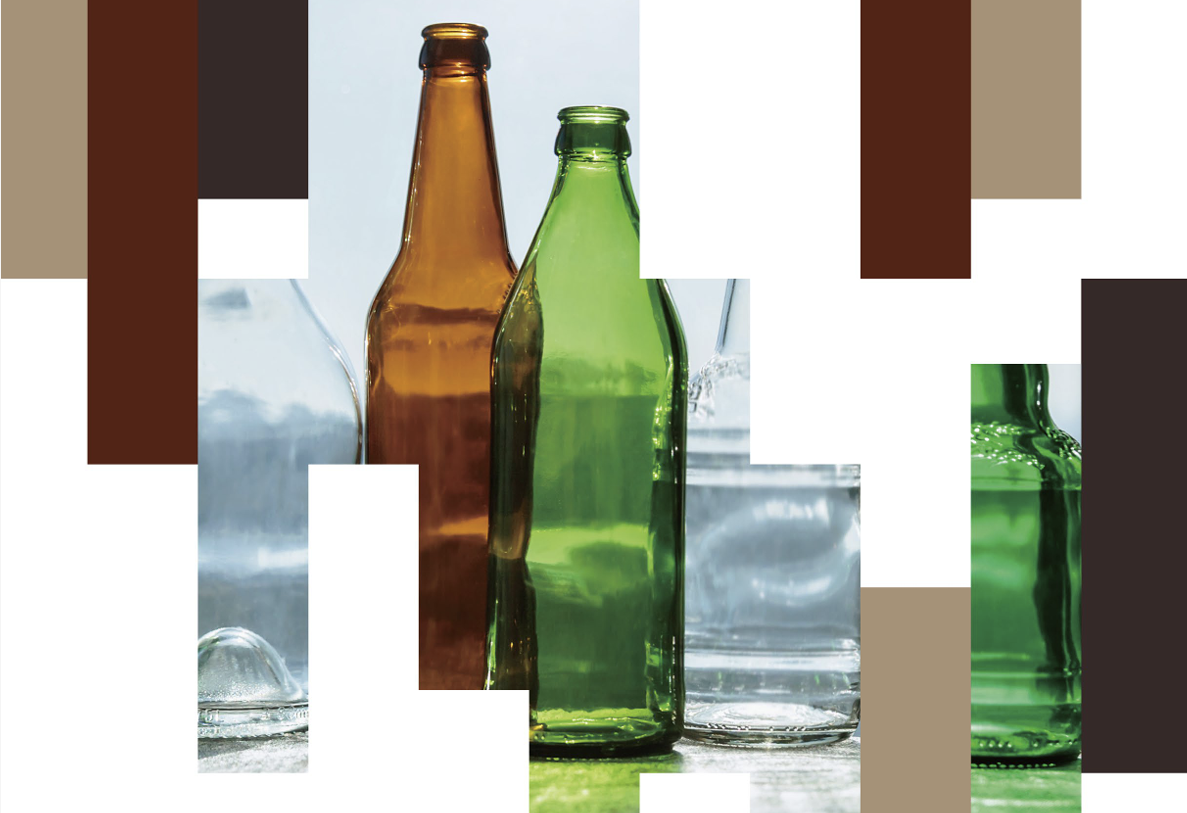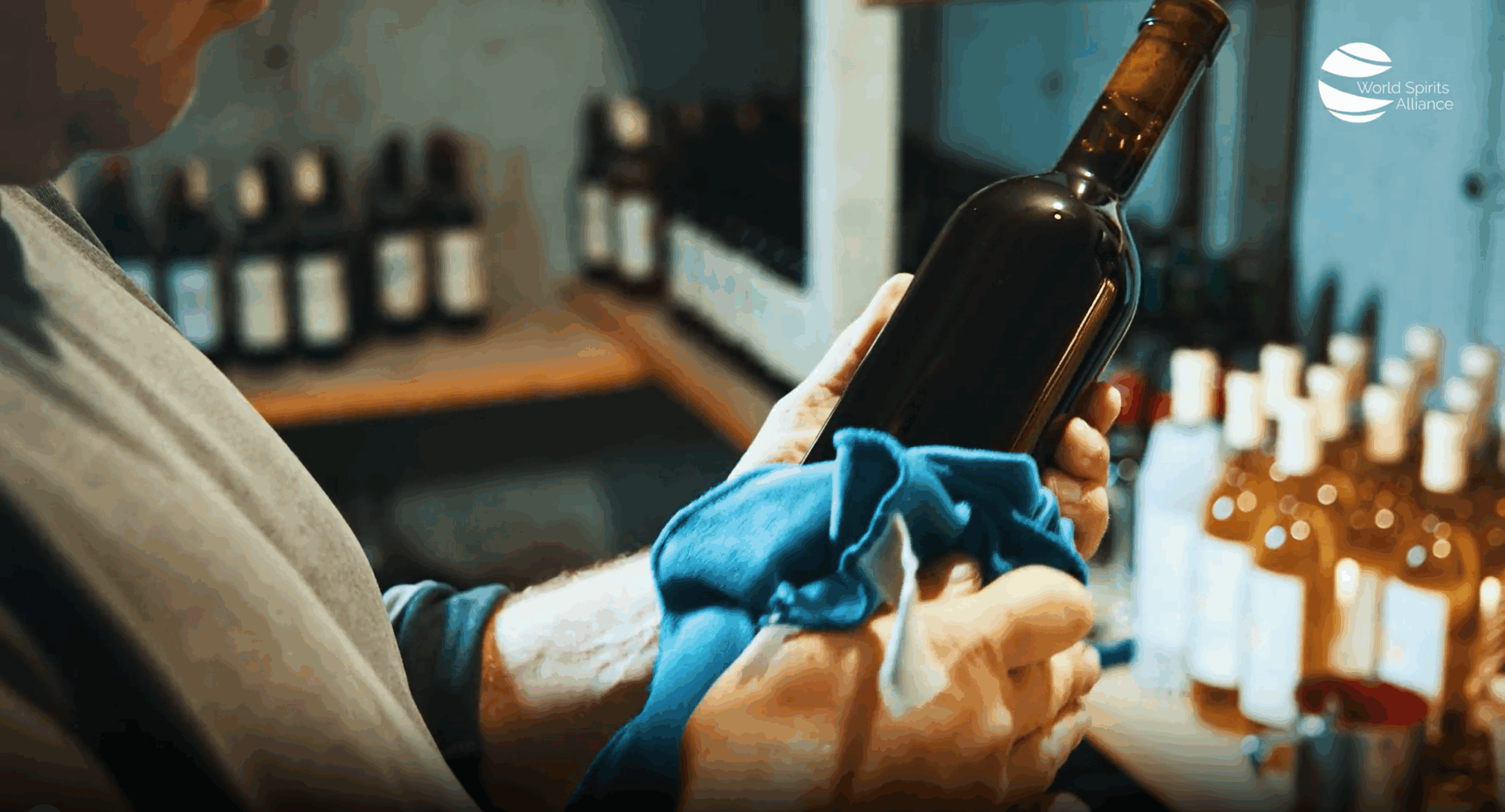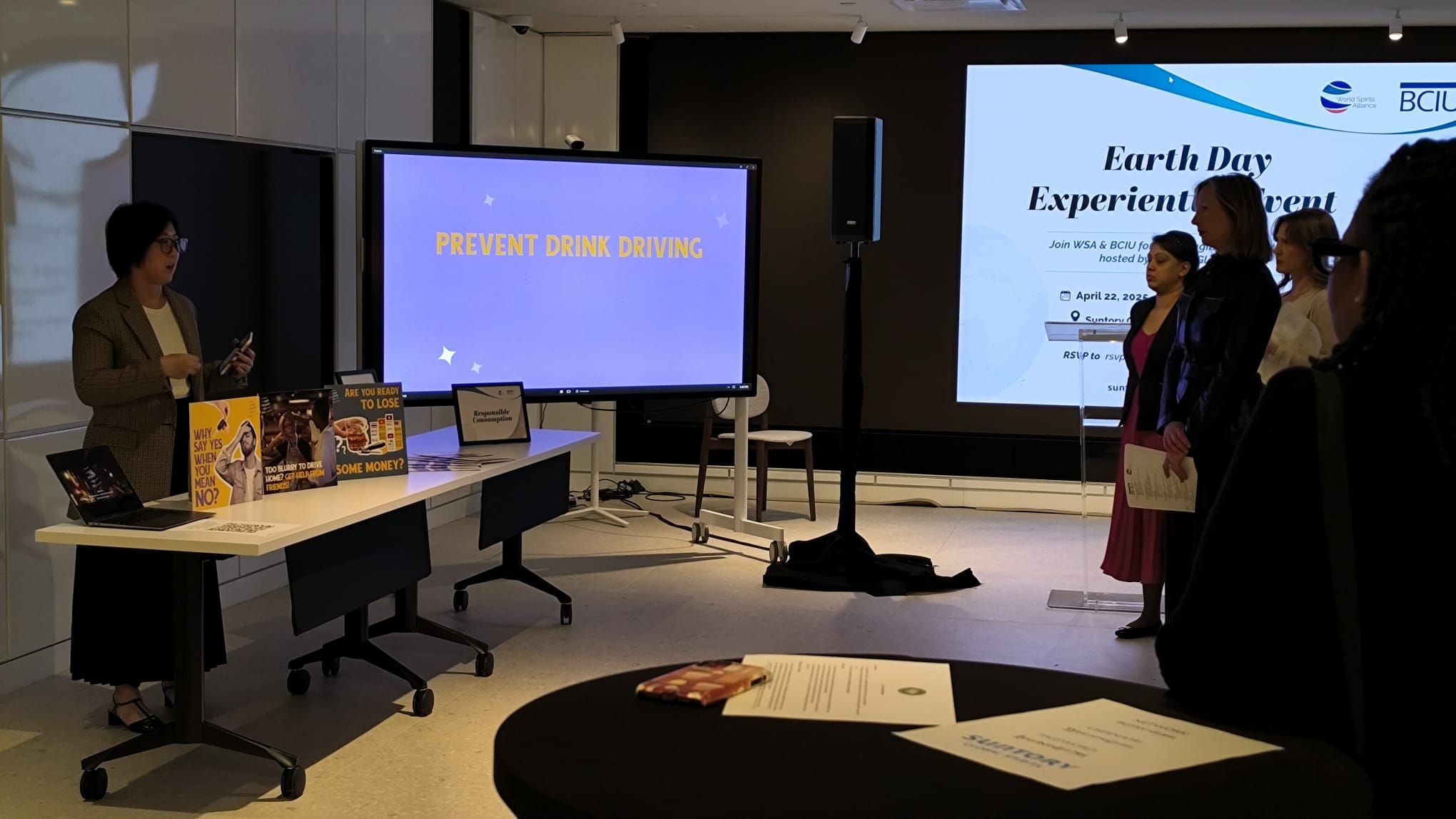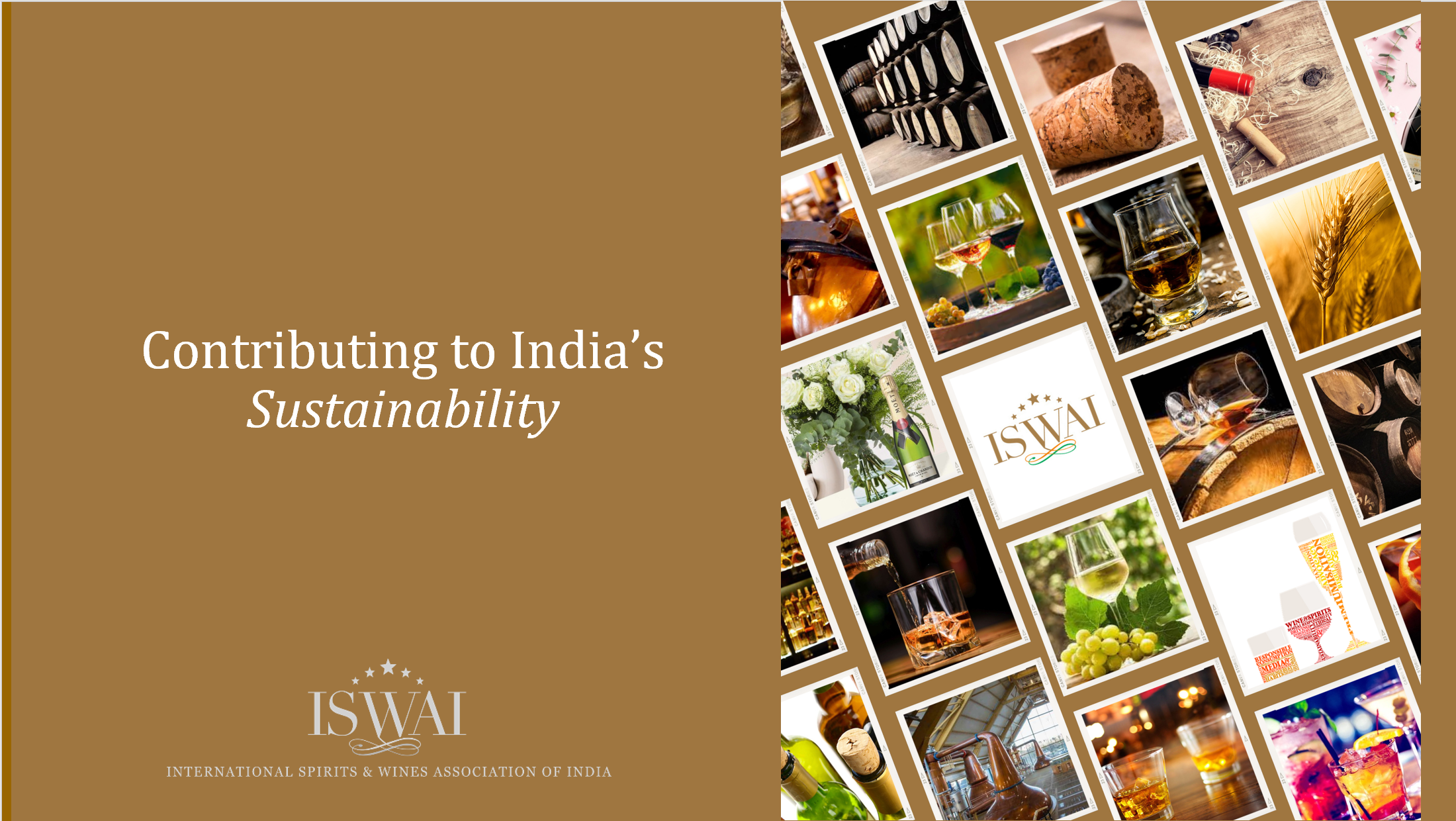Members of the Asia Pacific International Spirits and Wines Alliance (APISWA) have set global commitments to reduce the overall environmental impact of their operations and contribute positively to society. We believe that this is part of our role as a responsible industry committed to supporting the United Nations Sustainable Development Goals (UN SDGs) and are aligned to the 2030 plan. Their sustainability strategies that reflect their commitment to protect the environment and advance environmental sustainability along the entire value chain. To discover further the responsible and sustainable actions that APISWA members have taken, please check their website: https://apiswa.org/our-views/sustainability/
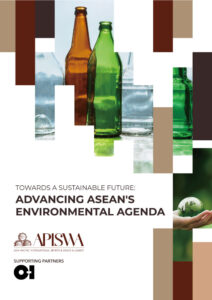 APISWA’s sustainability report: “Towards a Sustainable Future: Advancing ASEAN’s Environmental Agenda” highlights member companies’ efforts to address climate change and promote sustainable development in ASEAN. It focuses on three pillars: Tackling Climate Change (SDGs 7, 13), Preserving Water Resources (SDGs 6, 14), and Moving to a Circular Economy (SDGs 9, 12).
APISWA’s sustainability report: “Towards a Sustainable Future: Advancing ASEAN’s Environmental Agenda” highlights member companies’ efforts to address climate change and promote sustainable development in ASEAN. It focuses on three pillars: Tackling Climate Change (SDGs 7, 13), Preserving Water Resources (SDGs 6, 14), and Moving to a Circular Economy (SDGs 9, 12).
Given that up to 90% of carbon emissions come from Scope 3 activities, particularly packaging, the report emphasizes reducing emissions from glass packaging. With ASEAN governments implementing Extended Producer Responsibility (EPR) regulations, APISWA has launched initiatives to enhance glass collection and recycling, advancing the industry towards a sustainable, circular economy.
Cognisant of the need to do more to address postconsumer waste, governments in ASEAN member states have also begun introducing regulations on extended producer responsibility (EPR), requiring manufacturers and importers to contribute to national efforts to increase recycling rates. With glass collection and recycling being a shared imperative for the industry, APISWA has invested in programmes to drive collective action and action plans targeted at addressing glass recycling.
***
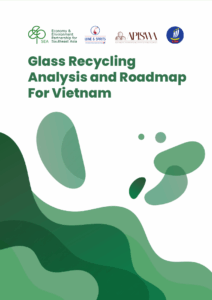 On 15th January 2024, APISWA, together with the Economy & Environment Partnership for Southeast Asia (EEPSEA), launched a joint-report entitled: Glass Recycling Analysis and Roadmap for Vietnam. The study investigates the glass waste pathway in Vietnam, with 24 in-depth interviews conducted and 216 respondents along the waste value chain surveyed, also revealing that solid wastes, especially glass bottles, are typically not segregated at source. The report also presents a stakeholder map showing the pathway of glass waste. In Vietnam, the glass production industry is predominantly comprised of small-scale enterprises, which primarily show interest in non-coloured glass cullet sourced from domestic waste.
On 15th January 2024, APISWA, together with the Economy & Environment Partnership for Southeast Asia (EEPSEA), launched a joint-report entitled: Glass Recycling Analysis and Roadmap for Vietnam. The study investigates the glass waste pathway in Vietnam, with 24 in-depth interviews conducted and 216 respondents along the waste value chain surveyed, also revealing that solid wastes, especially glass bottles, are typically not segregated at source. The report also presents a stakeholder map showing the pathway of glass waste. In Vietnam, the glass production industry is predominantly comprised of small-scale enterprises, which primarily show interest in non-coloured glass cullet sourced from domestic waste.
To improve glass waste management in Vietnam, a range of legal, market-based, and behavioral instruments should be employed. These measures consist of promoting waste segregation at its source, facilitating economically feasible initiatives, encouraging eco-friendly packaging design, integrating Extended Producer Responsibility (EPR) and Corporate Social Responsibility (CSR) programs, and ensuring transparent and efficient use of environmental funds and EPR fees.
Read the full report here: https://apiswa.org/wp-content/uploads/2024/01/EEPSEA_Report_2023.pdf
